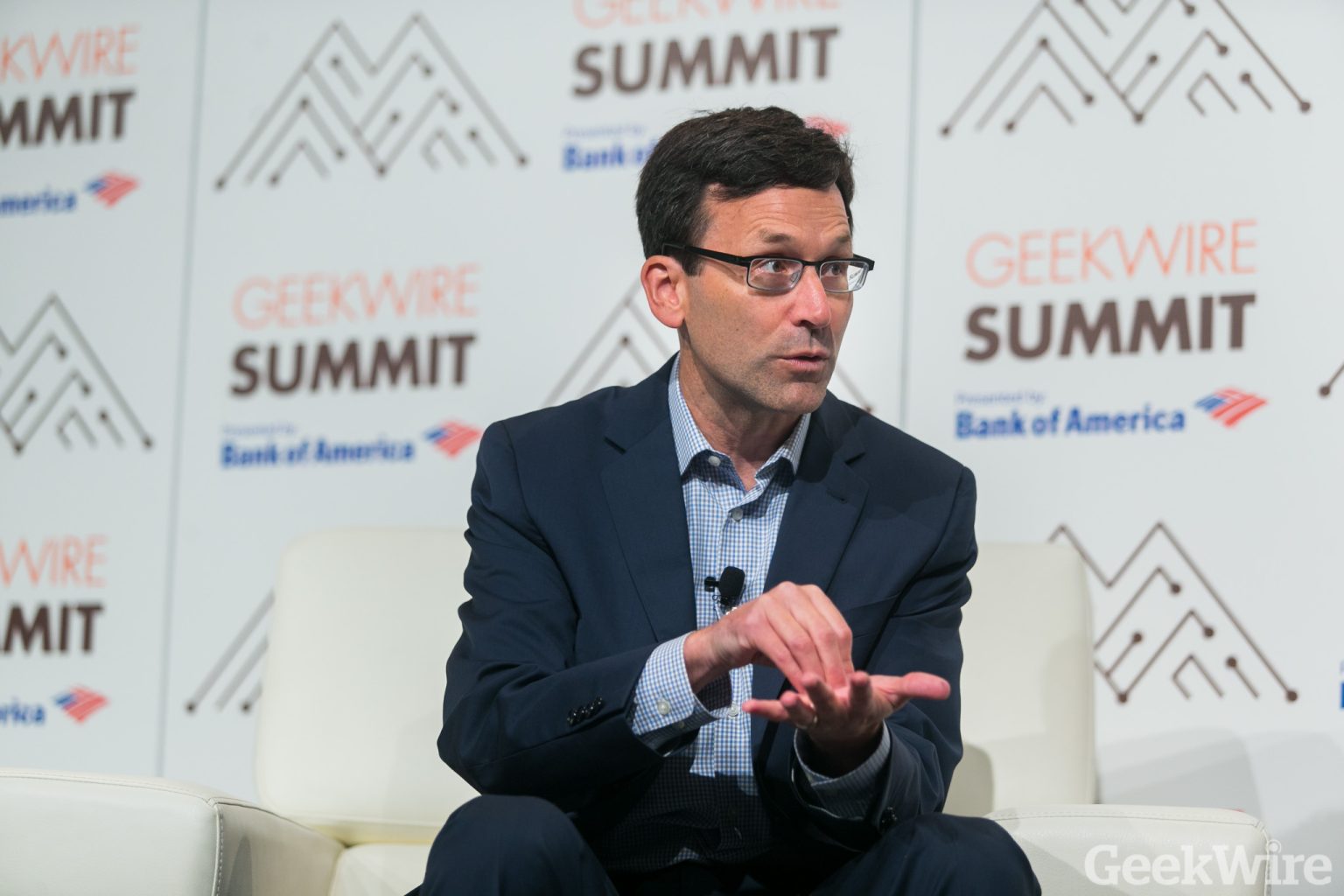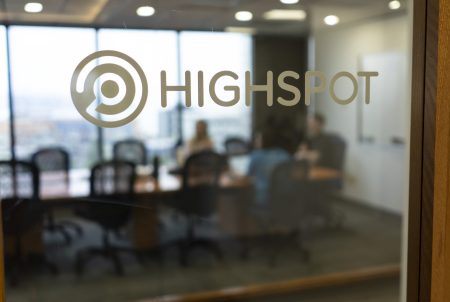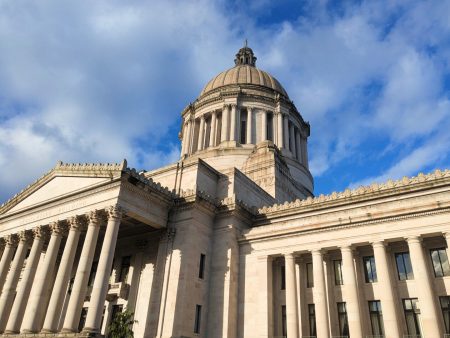The Balancing Act: Washington State Grapples with the Impacts of Data Centers
Washington State, a prominent player in the global tech landscape, finds itself at a crossroads. The influx of data centers, driven by tech behemoths like Amazon and Microsoft, presents a complex equation of economic benefits and environmental concerns. Governor Bob Ferguson’s recent executive order establishing a data center workgroup underscores the state’s commitment to navigating this intricate challenge. The order explicitly calls for balancing economic development and state and local tax revenue generation with the imperative of responsible energy consumption and environmental stewardship. This delicate balancing act reflects the broader national and global conversation surrounding the sustainable growth of the digital economy.
Data centers, the backbone of the internet and cloud computing, are undeniably economic powerhouses. They generate job opportunities, particularly in rural communities, and contribute significantly to state and local tax coffers. Their presence fuels Washington’s robust digital economy, cementing its position as a technology hub. However, this economic boon comes at a cost. Data centers are voracious consumers of energy, posing a significant challenge to the state’s power grid and its sustainability goals. This energy demand has raised concerns about potential strain on existing resources and the need for innovative solutions to ensure a reliable and environmentally responsible energy supply.
The landscape of data center development is not static, and the workgroup will need to consider evolving technological trends. The recent emergence of more energy-efficient AI models, such as DeepSeek’s chatbot, challenges previous assumptions about the inevitable growth of massive data center deployments. While the long-term impact of these advancements remains to be seen, they highlight the dynamic nature of the industry and the need for flexible planning. Despite the potential for increased efficiency, the overall demand for data centers is expected to continue rising alongside the expanding adoption of AI technologies, underscoring the ongoing need for strategic management of this crucial infrastructure.
Washington State’s attractiveness to data center operators stems from a confluence of factors. The abundance of renewable energy sources, particularly hydroelectric power, combined with relatively low electricity rates, makes the state an attractive location. Furthermore, the state’s sales and use tax exemption program specifically targeting data centers adds another layer of financial incentive. This combination of factors has positioned Washington as a prime location for data center development, attracting significant investment from major players in the tech industry. However, this growth must be managed responsibly to ensure the long-term sustainability of both the state’s energy resources and its environment.
The challenge of balancing economic growth with environmental responsibility is exacerbated by the fact that energy demand in Washington is currently outpacing supply. This imbalance is further compounded by the escalating energy consumption of hyperscale data center operators. Utilities companies have expressed concerns about the rapidly growing demand from these large-scale operators, which are absorbing significant portions of available hydroelectric power and contributing to the use of carbon-emitting resources. This escalating demand puts pressure on the state’s power grid and necessitates a proactive approach to energy planning and resource management.
The strain on resources extends beyond energy consumption. Finding suitable locations for new data center infrastructure in the Pacific Northwest is becoming increasingly difficult. This scarcity of available land, particularly in Central Washington, has prompted developers to explore alternative power sources, such as combinations of solar, wind, batteries, and biofuels. The search for suitable locations and sustainable energy solutions underscores the complex interplay between infrastructure development, resource availability, and environmental considerations. The workgroup will need to grapple with these challenges to ensure that future data center development is both economically viable and environmentally responsible.
The workgroup, convened and overseen by the Washington Department of Revenue, will bring together a diverse group of stakeholders, including representatives from various state departments, the Utilities and Transportation Commission, electric utilities, environmental groups, labor organizations, industry representatives, and other relevant parties. This multi-faceted approach reflects the complexity of the issue and the importance of incorporating diverse perspectives in the decision-making process. The workgroup’s mandate is to conduct a comprehensive analysis of the impacts of data centers and submit its findings and recommendations by December 1, 2024. The outcome of this collaborative effort will play a crucial role in shaping Washington State’s approach to data center development in the years to come.















